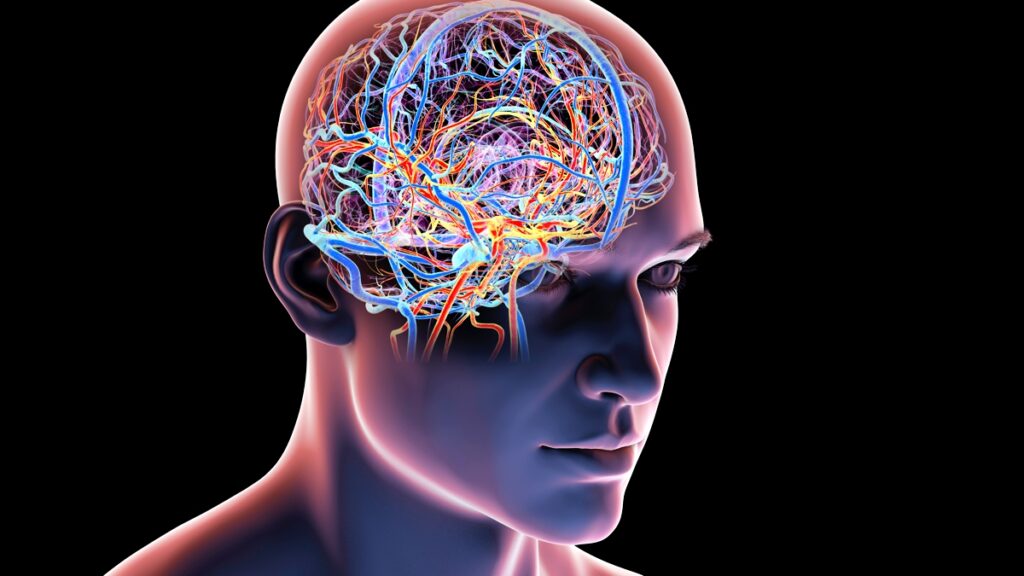
Maintaining mental acuity as one ages is not just a hopeful aspiration but an achievable goal, according to research in cognitive neuroscience. Benjamin Boller, a professor at the University of Québec at Trois-Rivières (UQTR), outlines strategies to enhance cognitive health throughout life. Key findings suggest that cultivating beneficial habits can significantly improve brain function and resilience against age-related decline.
The Importance of Cognitive Reserve
Central to this discussion is the concept of cognitive reserve, which denotes the brain’s capacity to cope with aging or neurodegenerative diseases without substantial functional decline. A recent report from The Lancet, titled Dementia prevention, intervention, and care, updated in 2024, indicates that approximately 45 percent of dementia cases could be prevented or delayed by addressing fourteen modifiable risk factors. These include physical inactivity, depression, and social isolation, with low education levels identified as one of the earliest and most critical factors.
Traditionally, education has been viewed as the primary indicator of cognitive reserve, reflecting prolonged exposure to intellectually stimulating activities. However, this perspective is evolving. Research now shows that cognitive reserve is not fixed; it can be developed and enhanced throughout life through various experiences. Engaging in learning, social interactions, and cognitively stimulating leisure activities—such as playing a musical instrument or participating in strategic games—can all contribute to building cognitive reserve.
Understanding Cognitive Mechanisms
Different research models have emerged to explain the mechanisms underlying cognitive reserve. The brain reserve model suggests that individuals with more neurons may withstand aging better. In contrast, the brain maintenance model posits that leading an active lifestyle can slow down brain aging by enhancing biological resilience. Lastly, the cognitive reserve model emphasizes functional flexibility, allowing the brain to adapt and utilize alternative neural networks to compensate for age-related losses.
Each of these models contributes to a comprehensive understanding of cognitive health, with the cognitive reserve model being the most extensively researched due to its association with modifiable factors like education and engagement in cognitive activities. This evolving understanding highlights that cognitive reserve is dynamic, shaped by life experiences and learning.
Recent studies, including one conducted by a group of researchers in Québec, showcase how structured learning of memory strategies—such as the method of loci or mental visualization—can lead to notable changes in brain activity. The research demonstrated variations in activation across different brain regions during learning and recall phases. This implies that employing memory strategies enhances functional flexibility in the brain.
Moreover, ongoing research reinforces the significance of education in influencing brain structure and function. One study indicated a correlation between years of schooling and both grey matter volume and brain activation related to memory tasks. Another study revealed that individuals with higher education levels exhibited greater activation flexibility based on task complexity.
These findings underscore the notion that cognitive reserve can be cultivated through experience and cognitive training at any age.
Innovative Approaches to Cognitive Training
In alignment with these discoveries, the Engage study, led by the Canadian Consortium on Aging and Neurodegeneration, investigates the effects of cognitively stimulating leisure activities on older adults. This research integrates formal cognitive training with enjoyable activities such as learning music, languages, or even video games. It aims to provide an engaging, real-life approach to cognitive enhancement, demonstrating that such natural interventions can yield results comparable to traditional cognitive training programs.
Additionally, at UQTR, Boller and his colleagues are exploring the effects of learning English as a second language on cognition and brain activity among older adults. This project employs a comprehensive protocol that involves classes, tutoring, and cognitive assessments to document the cognitive and neural benefits of engaging learning methods. Preliminary outcomes have shown promise, supporting the idea that intellectual engagement can yield measurable benefits, even when initiated later in life.
Overall, preserving cognitive health at any age involves a combination of accessible, motivating, and stimulating interventions. The evolving understanding of cognitive reserve emphasizes that it can be developed throughout life. These research advancements provide concrete tools for promoting healthy aging, particularly in the realm of cognitive health.






